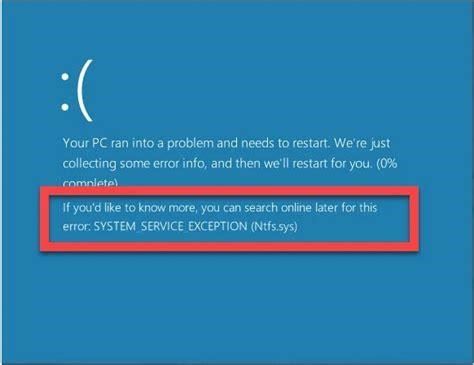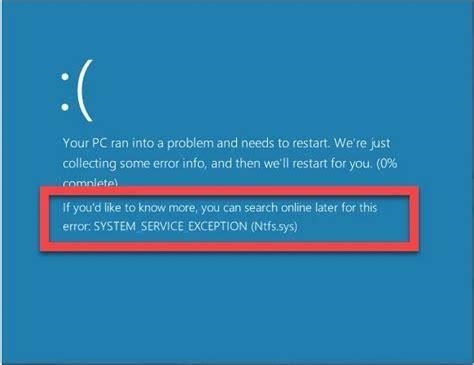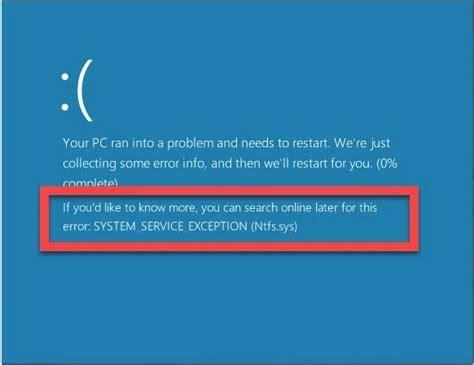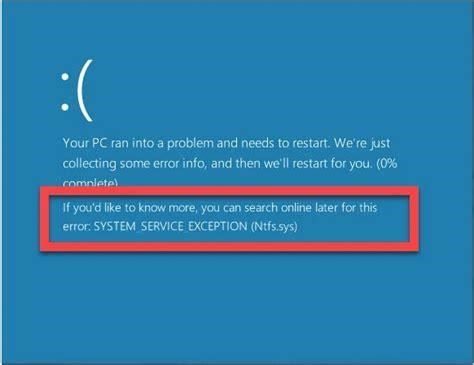A Deep Dive into Avoiding Tech Support Scams
Tech support scams have been on the rise, with fraudsters using sophisticated tactics to trick users into paying for unnecessary services or granting them access to personal devices. As a Windows user, it’s crucial to understand common tech support scam techniques in order to steer clear of malicious actors. After examining recent forum discussions around an alleged "PC Solutions" scam, we’ve compiled comprehensive insights to help you stay vigilant.
How Tech Support Scams Typically Work
Tech support scammers are cunning, often initiating contact via phone call or pop-up browser warning. Posing as representatives from well-known tech companies, they falsely claim that your system is infected with malware or faces imminent security risks. Once they have your attention, they utilize various tactics to gain remote access to your device or trick you into paying for bogus services.
Does Windows 10 have a security flaw?
Windows 10 has a new security flaw, and it’s already being exploited in the wild. You could be infected with malware just from downloading a file, as File Explorer will automatically open the file and preview it. Windows 7 has the same problem. Update: This bug was fixed in patches Microsoft released on April 14, 2020.
How to prevent data theft on Windows 10?
Contact Windows HELP Desk Immediately to prevent Data Theft on your Windows system. Call Windows at Toll Free 1-844-826-1198 For Immediate Support or Download Windows Security Essentials to scan your Windows PC. Another variant of this “Windows Security Alert” scam (crooks use ” + 1 844 885 0155 ” phone number):
Some common scam tactics include:
-
Cold Calling: Fraudsters call under the guise of a technician, stating they’ve detected issues on your computer that require immediate attention.
-
Fake Pop-up Warnings: Scam sites will display alarming pop-ups alleging your system is compromised by viruses, urging you to call a provided number for support.
-
Demanding Remote Access: Scammers insist on an remote session so they can "run diagnostics", but truly intend to install malware or snoop private data.
-
Deceptive Refund Offers: As a rouse to glean financial details, scammers promise refunds for services you never requested.
-
High Pressure Scare Tactics: Scammers emphasize urgent threats of hackers, data leaks, or device damage to provoke irrational compliance.
Examining A Suspected “PC Solutions” Scam
Based on recent community discussions, an example of a potential Windows tech support scam worth examining is an unsolicited email from "PC Solutions." One user reported receiving an alarming notice of a $329 charge for renewing a nonexistent "Firewall Security Plan" with this ambiguous company. When calling to investigate, PC Solutions dodged providing account details and instead insisted the user download remote software to cancel the transaction.
What is a Microsoft (Windows) support scam?
The scams may involve web pages with screenshots of fake Microsoft (Windows) Support messages, fake reports of suspicious activity, fake warnings of malware found on your computer, fake ransomware and fake BSODs all of which include a tech support phone number to call in order to fix the problem.
Does Windows 10 have a privacy policy?
Source: Windows 10 doesn’t offer much privacy by default: Here’s how to fix it Microsoft collects data to operate effectively and provide you the best experiences with our services.
Is Windows 10 safe?
Like almost all operating systems, Windows 10 is vulnerable to security and privacy issues, and researchers have proved that Microsoft can track a lot of your activities to improve their products and enable personalized ads and promotions.
Another user recounted an almost identical experience, with PC Solutions demanding remote access to process a supposed refund. However, evidence suggests this is simply a ploy to infiltrate devices and steal personal data. Multiple users reported PC Solutions aggressively pushing for remote access without supplying any concrete account information, indicative of a scam.
While the PC Solutions emails mention legitimate software like TeamViewer, this appears to be simply a scam technique, not evidence of authenticity. Top providers like Microsoft and Norton will never directly contact users about infections or renewals. Considering PC Solutions’ suspicious behavior reported across forums, it’s likely an elaborate scam operation.
Protecting Yourself from Attacks
When navigating today’s digital landscape, using discretion is pivotal for Windows users seeking to avoid tech support scams. Here are some expert tips to keep in mind:
Are Microsoft’s privacy issues causing a ruckus?
Microsoft is the type of company that people love to hate, so the privacy issues wereexpected to cause some ruckus. Critics and privacy advocates denounced the default settings in Windows 10 for collecting and transmitting user data to Microsoft and its partners.
Does Windows 10 update cause Outlook 365 search issues?
Microsoft has acknowledged an issue triggered by a Windows 10, version 21H2 security update released during the December 2021 Patch Tuesday that leads to search issues in Outlook for Microsoft 365.
-
Avoid unsolicited communications: Do not engage with any random calls, emails, or pop-up warnings directing you to contact tech support or download software.
-
Verify company legitimacy: Research any company claiming affiliations with major brands like Microsoft and be wary of copy-cat scam sites.
-
Never enable remote access: Under no circumstances should you provide control of your device to an unverified party.
-
Consult trusted security tools: If concerned about your device, rely on programs like Windows Defender to run thorough system scans for free.
With tech support scams on the rise, staying vigilant against malicious actors is crucial. By understanding deceptive techniques like phishing emails or urgent pop-ups, exercising caution around communications, and using trusted security programs, you can confidently avoid the hassle of fraud. Let us know if you have any other questions – we’re happy to help Windows users build scam awareness!
References
- https://support.microsoft.com/en-us/windows/protect-yourself-from-tech-support-scams-2ebf91bd-f94c-2a8a-e541-f5c800d18435
- https://consumer.ftc.gov/articles/how-spot-avoid-and-report-tech-support-scams
How secure is windows 11?
In this article Security and privacy depend on an operating system that guards your system and information from the moment it starts up, providing fundamental chip-to-cloud protection. Windows 11 is the most secure Windows yet with extensive security measures designed to help keep you safe.
Is Windows Defender security warning a scam?
The Windows Defender security warning scam is not the only virus you can get on your computer. There are lots of even bigger threats on the internet, and you should take every precaution to avoid them. Here are the basic measures to protect your device against viruses: Don’t click on random links without knowing where they will lead you to
Is Windows security alert a scam?
Be aware, however, that “Windows Security Alert” is fake. None of the listed viruses exist. Cyber criminals merely attempt to scare and trick victims into calling and paying for services that are not needed. Therefore, you should ignore this pop-up and never call the number. It is worth mentioning that such scams are often promoted via shady apps.




